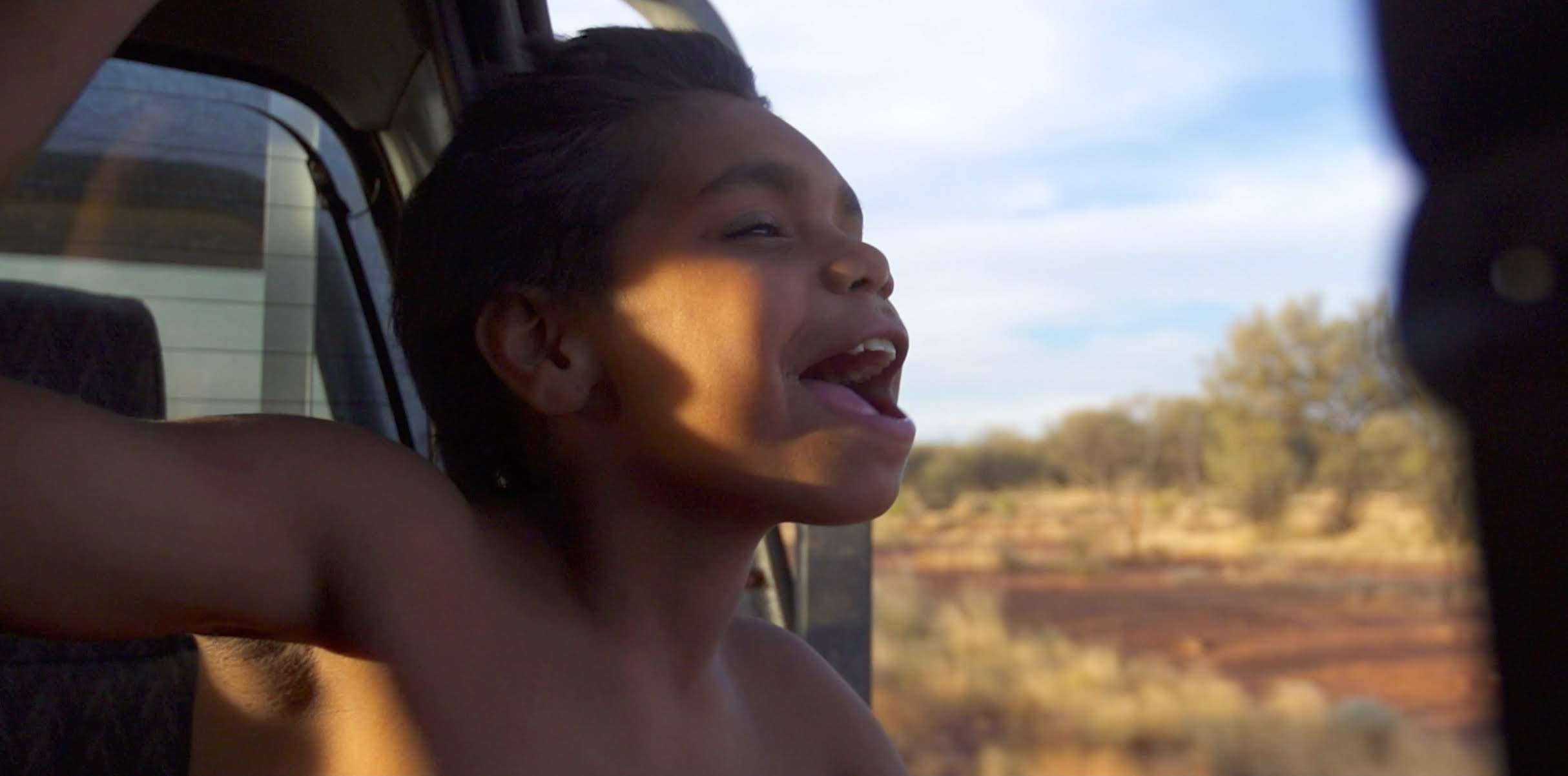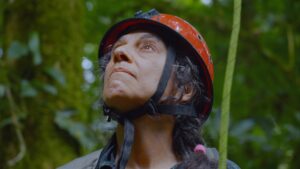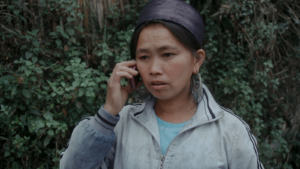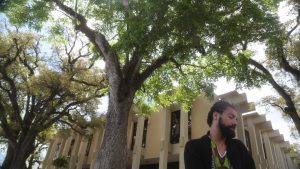
A Living Curriculum of In My Blood It Runs
At a glance
Film summary
Introduction
In this lesson, educators, youth, and community members will be guided through practices of critically engaging with western schooling, settler colonialism, school curriculum and the overt and concealed prejudices towards Aboriginal and Indigenous peoples. This may involve engaging in the process of unlearning and relearning to think critically about the history of settler colonialism and learning from Aboriginal and Indigenous peoples while also centering their stories. Each lesson section is an opportunity for learners to engage in (re)storying conversations about traditional and ancestral homelands. Through creative and open-ended activities, learners are guided to learn about the Indigenous territory they are currently living on and the responsibilities they have as guests. The lesson can be modified to meet the needs of learners and linked to units of study related to history, geography, literature, environmental science, art, culture, language, and creative writing.
 Between Earth & Sky Discussion Guide
Between Earth & Sky Discussion Guide  Children of the Mist Delver Deeper
Children of the Mist Delver Deeper  Brief Tender Light
Brief Tender Light  The Changing Same
The Changing Same